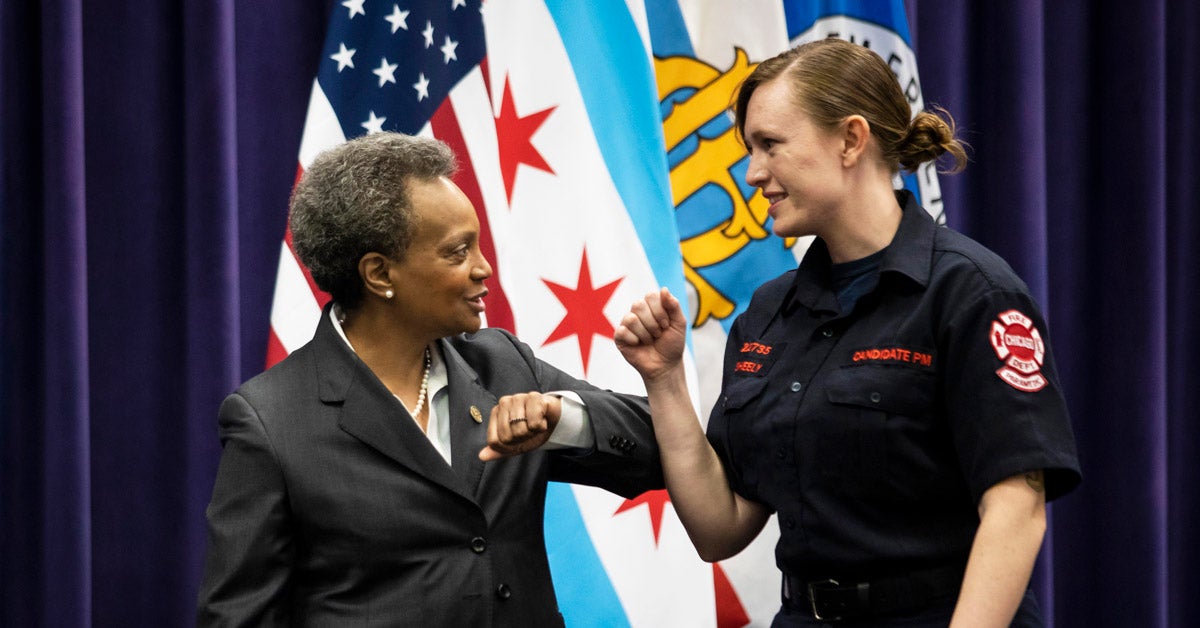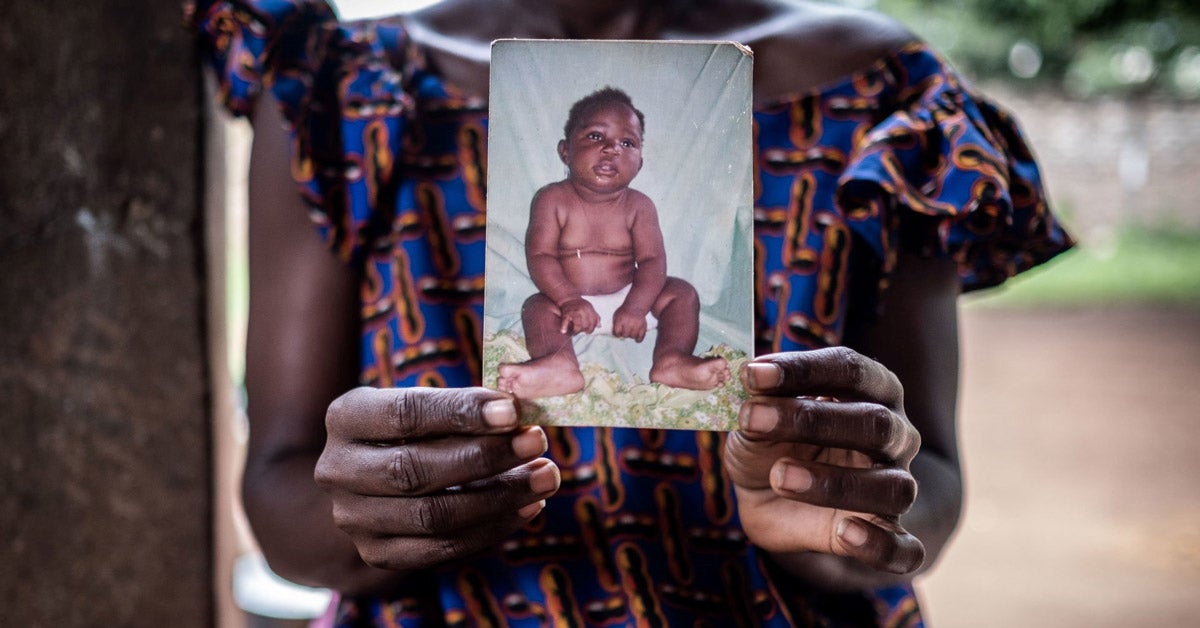Newsletter
HPH Weekly: What can Mandy Cohen do to regain the public’s trust in the CDC?
This edition of Harvard Public Health Weekly was sent to our subscribers on Feb. 8, 2024. If you don’t already receive the newsletter, subscribe here. To see more past newsletters, visit our archives.
What can Mandy Cohen do to regain the public’s trust in the CDC?

Jennifer Nuzzo, an epidemiologist and the director of the Pandemic Center at the Brown University School of Public Health, argues that more openness about data is the key to improving public trust in the CDC. The public wants to see the data behind the agency’s decisions, she says. Its limited data-sharing, obtuse website, and poor communication could use an overhaul, too.
“We live in a time when people read scores of online user reviews and watch videos before they buy products,” she writes. “It’s hard to imagine a U.S. public accustomed to such visibility simply accepting the CDC’s advice to change their behavior without being shown why those recommendations exist in the first place.”
Lori Lightfoot: mayors must make public health issues a priority

Former Chicago Mayor Lori Lightfoot has advice for her peers: Surround yourself with public health experts. And listen to them. Lightfoot points out that many residents of cities like Chicago have been ill-served by government in the past, and city leadership must win back trust by prioritizing the health needs of people suffering from the effects of racism, generational poverty, and public sector neglect.
How a deadly global crisis went unseen

Writing for Undark, Maxmen talked to Karume Baderha Augustin Gang, the researcher behind a groundbreaking mortality study in the Central African Republic. His team discovered that a 2022 United Nations estimate of lives lost to conflict in the country may have been off by roughly 190,000. Karume sees more than tough terrain in the challenges of estimating deaths in conflict zones in Africa. “In the Democratic Republic of the Congo, in Somalia, in the Central African Republic, in South Sudan, we wonder, are we so different?” he said. “Do we have blue blood and do others have red blood?”
This story was originally published by Undark.
What we’re reading this week
- The murky world of gambling in video games | The Guardian
- Chemical hair straighteners and the impact on Black women’s health | The Pittsburgh Tribune-Review
- The 13th step for women in treatment for substance use disorder: sexual harassment | Reveal
- I visited supervised consumption sites in six cities. Here’s what I found. | The Boston Globe
- Task force to consider “restorative justice” for Black families uprooted by Virginia University’s expansion | ProPublica
Sign up for Harvard Public Health
Delivered to your inbox weekly.
